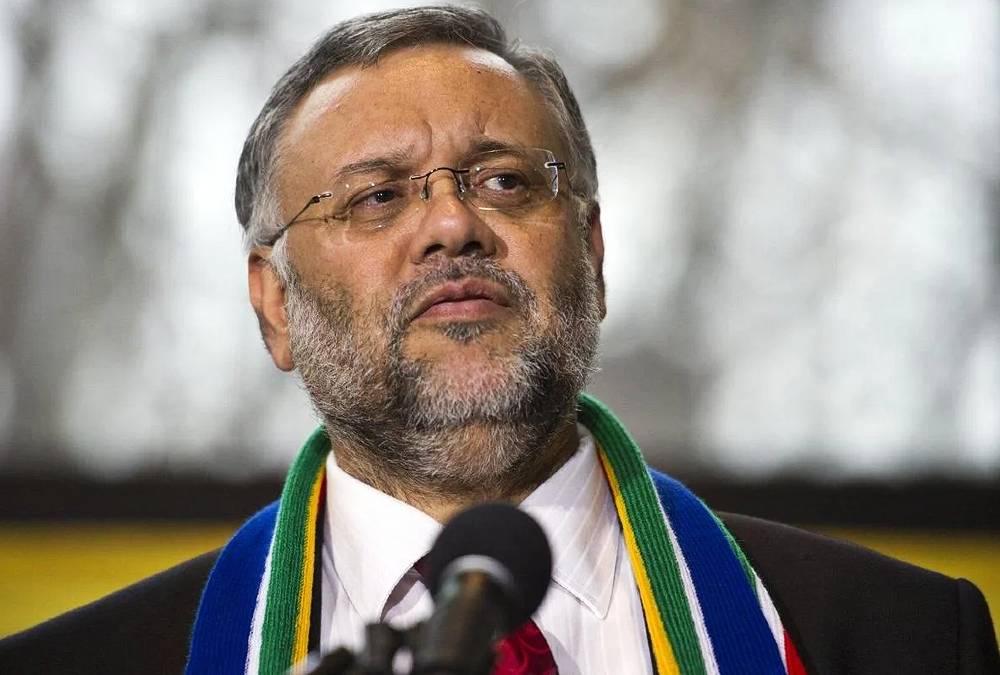Opinion
Why Trump Expelled South Africa’s Ambassador

By Michelle Hadebe
Last week, US President Donald Trump expelled South Africa’s ambassador, giving him 72 hours to depart. This wasn’t just another diplomatic disagreement – it was a strategic move that spoke volumes about the nature of modern geopolitics.
In this moment, we see a calculated political maneuver designed to project power and send a strong message to nations navigating the current global landscape.
Let’s unpack the real story behind this dramatic move.
The Untold Backstory
- Trump’s Personal Critique: Trump targeted Ambassador Ebrahim Rasool, calling him a “race-baiting politician who hates America” after Rasool’s outspoken criticism of Trump’s stance on racial issues in the U.S.
- Land Reform vs. Ideology: South Africa’s push for land redistribution directly clashed with Trump’s pro-Western, anti-“socialist” agenda, deepening the divide.
- Geopolitical Allegiances: The Trump administration accused South Africa of warming relations with U.S. rivals, namely China and Russia. The clear message was: “Pick a side – or face the consequences.”
- Diplomatic Power Play: For Trump, the expulsion wasn’t punishment – it was a calculated move to signal strength and apply pressure, urging South Africa to align with U.S. priorities.
The Hidden Dynamics of Modern Diplomacy
This expulsion wasn’t just a political statement; it was a bold exercise in power projection:
- Domestic Politics at Play: Trump cleverly used the move to energize his base, framing South Africa’s land reforms as “anti-white” in a bid to reinforce his nationalist narrative.
- Global Posturing: Expelling an ambassador serves to signal strength, not just to allies, but to adversaries as well. In this case, South Africa became collateral damage in a broader U.S. strategy to isolate regimes deemed unfriendly.
Geopolitical Takeaways for 2025
- Diplomacy in the Age of Hyper-Politics: Global relations are increasingly shaped by domestic agendas. World leaders must be prepared for how their internal policies may be weaponized abroad.
- Neutrality is No Longer an Option: The U.S.-China rivalry forces nations to choose allegiances, often with significant consequences for those caught in the middle.
- Symbols Over Substance: Expulsions, sanctions, and viral statements are rarely about the specifics of policy – they are about controlling the narrative and shaping public perception.
The Bigger Picture
Was South Africa unfairly targeted, or did it miscalculate the risks of non-alignment? As global polarization continues to intensify, how can emerging economies avoid being pawns in the ever-evolving geopolitical chess game?
This isn’t just about South Africa or Donald Trump. It’s about understanding the shifting rules of global power.
To thrive in this new geopolitical era, nations must adapt – or risk being left behind.
Michelle Hadebe is an academic and researcher specializing in International Political Economy, with a focus on sustainable development, economic relations, and governance in Africa. She is deeply committed to education, social justice, and advancing the African context. Additionally, she is a 2024 Education and Social Justice Fellow.

